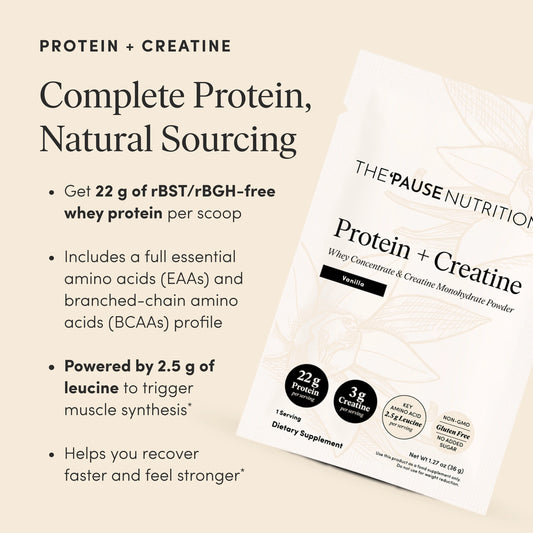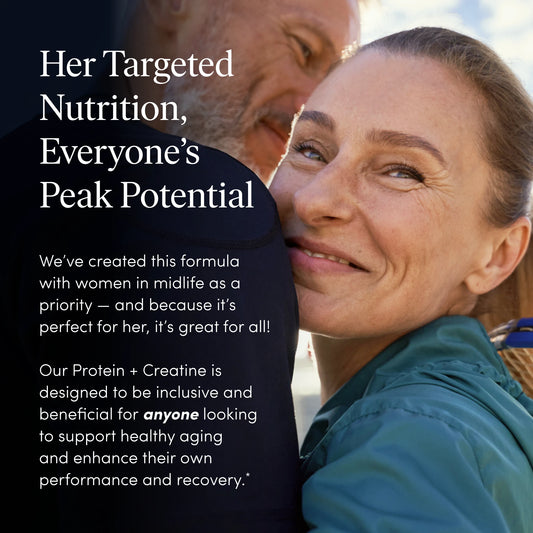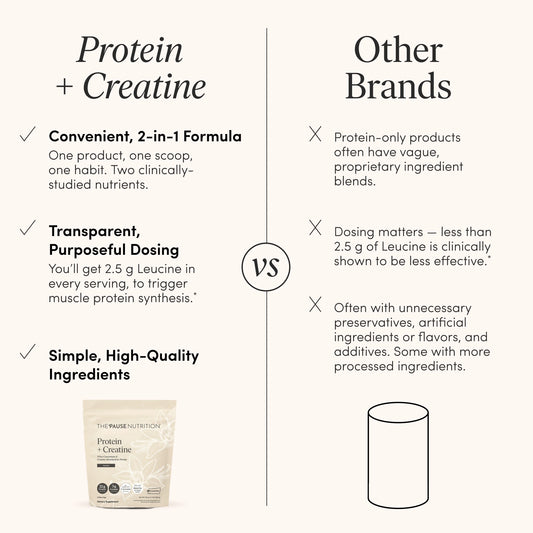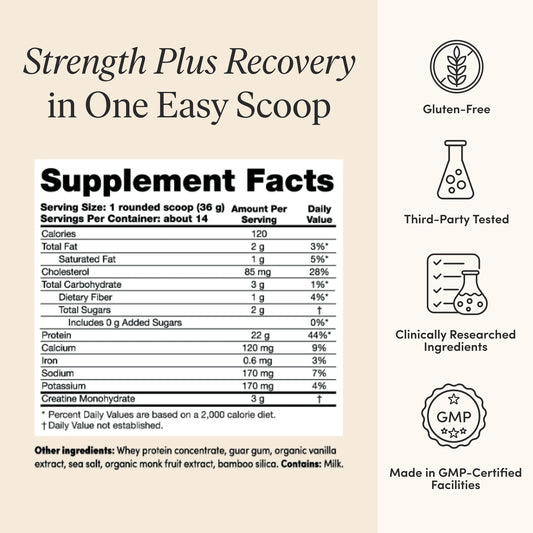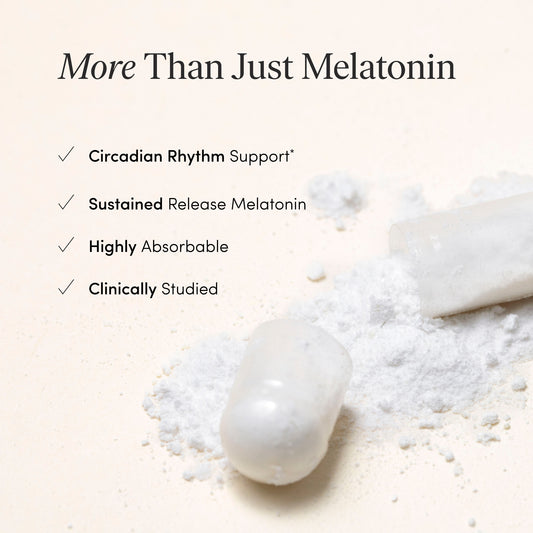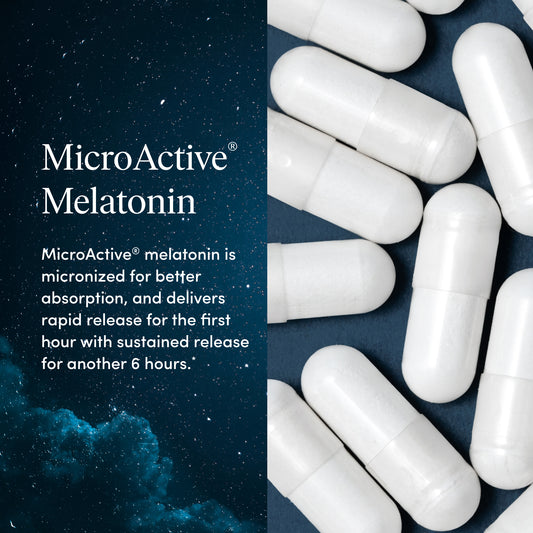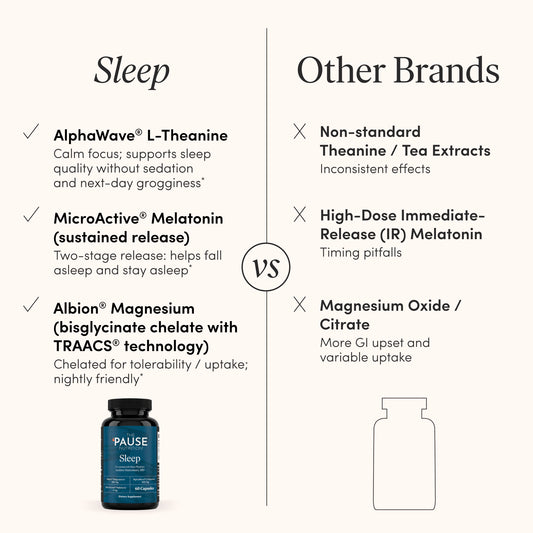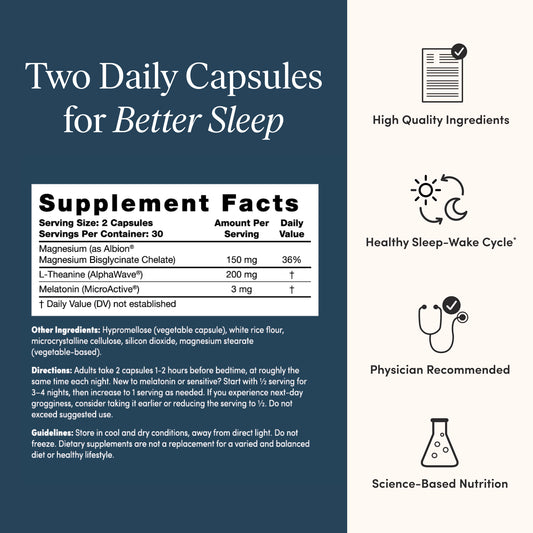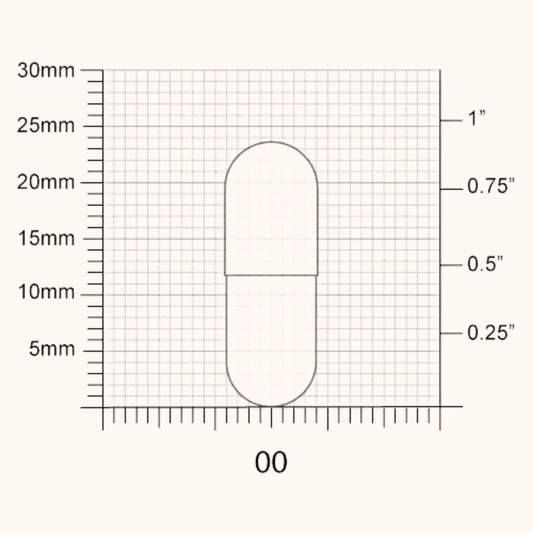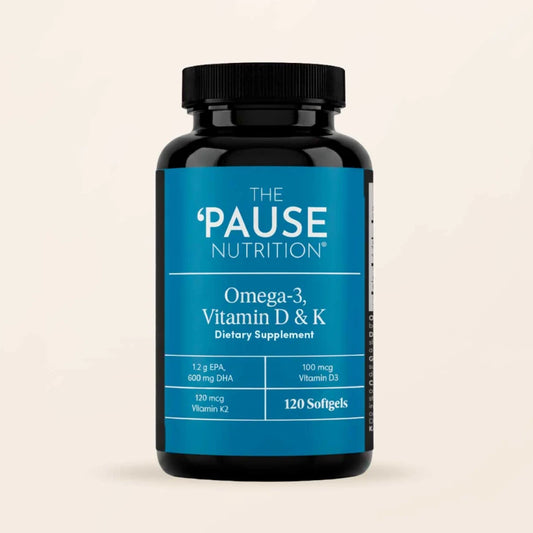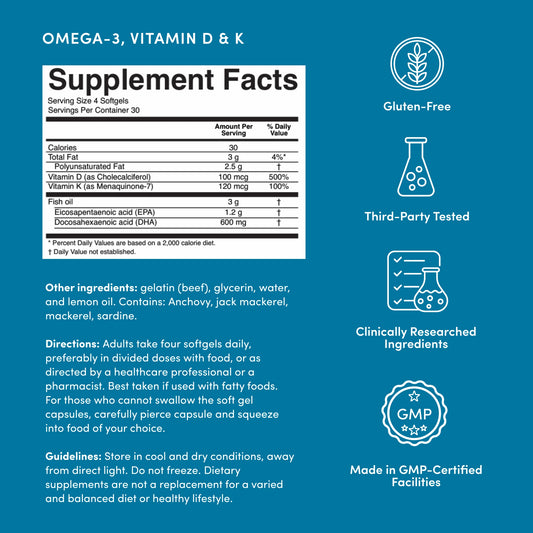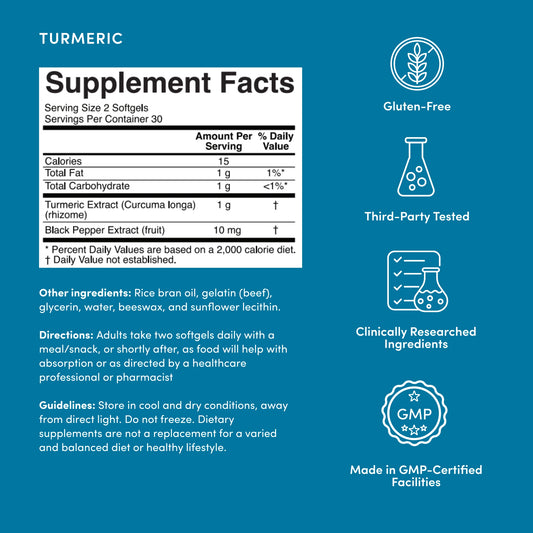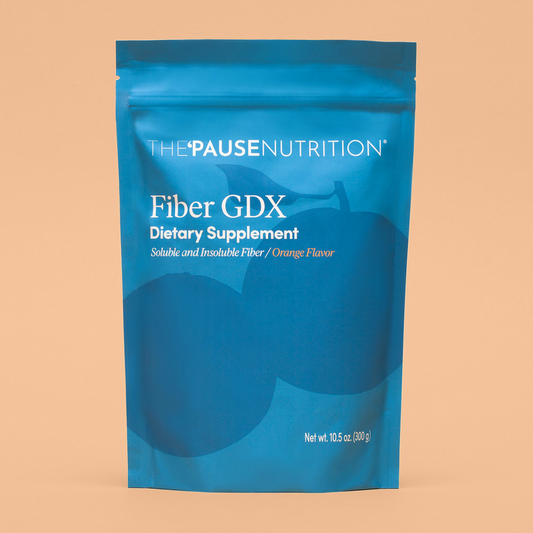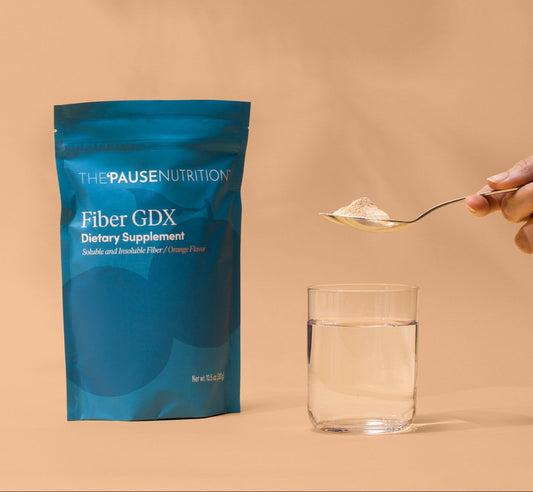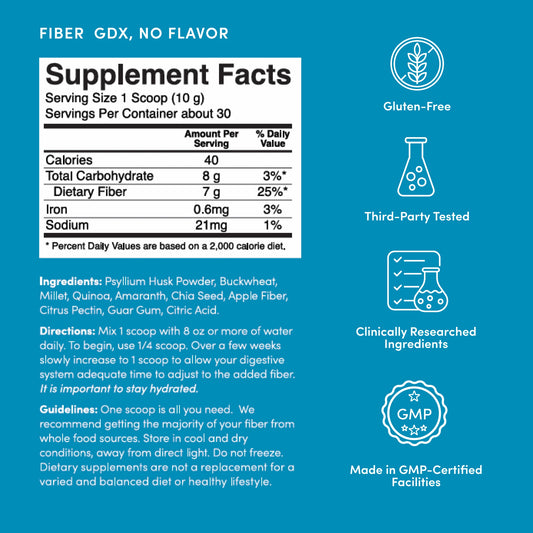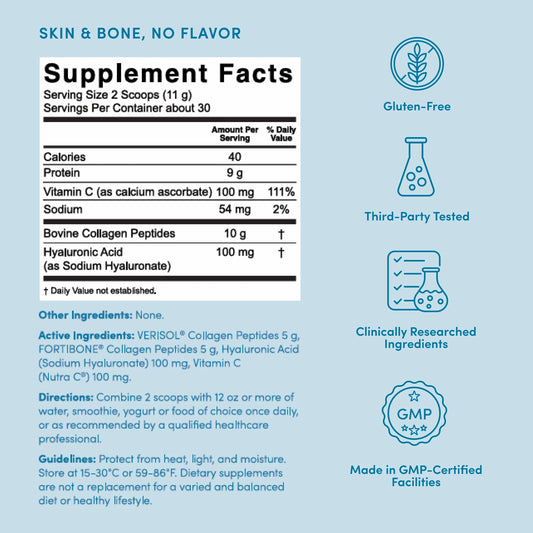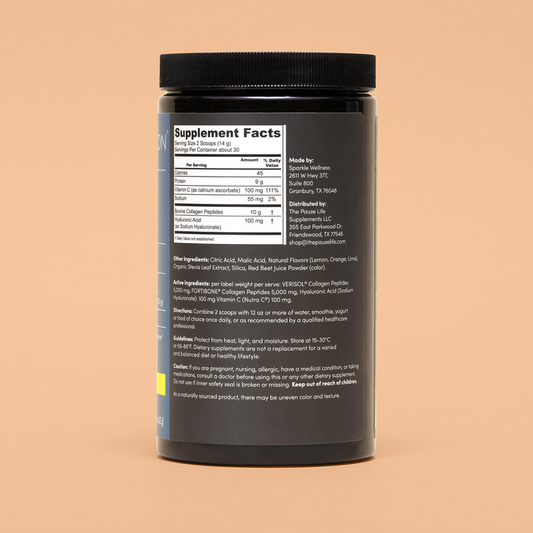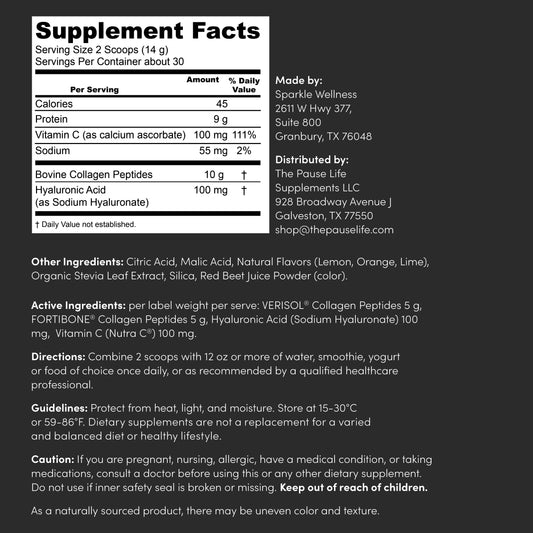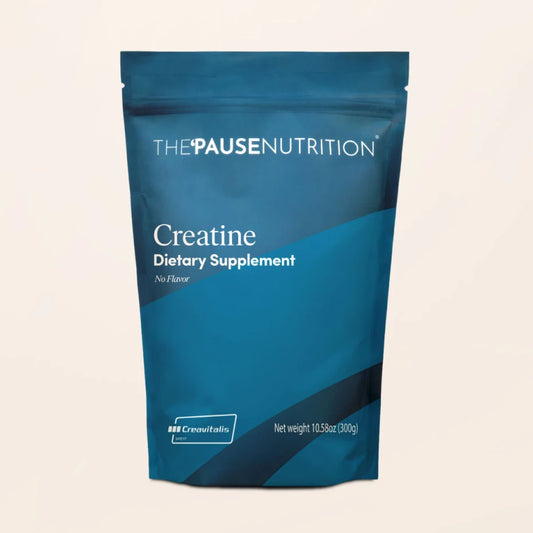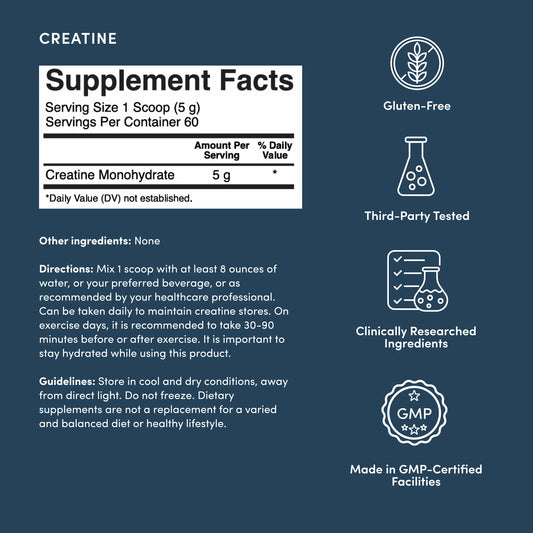Are GLP-1 medications a game-changer for women in midlife—or just another quick fix? In this conversation, triple board-certified endocrinologist Dr. Rocio Salas-Whalen joins Dr. Mary Claire Haver to cut through the hype and share what women really need to know about Ozempic, Wegovy, Mounjaro, and the science behind sustainable weight loss.
Dr. Salas-Whalen, founder of New York Endocrinology and author of the upcoming book Weightless, explains why GLP-1 receptor agonists represent a fundamental shift in how we understand and treat obesity—not as a willpower problem, but as a chronic medical condition with biological drivers including hormones, genetics, and metabolism.
For women navigating perimenopause and menopause, the conversation gets even more specific. Dr. Salas-Whalen breaks down why estrogen decline drives fat redistribution to the abdomen, increases visceral fat, and makes it nearly impossible to lose weight using the same strategies that worked before. She reveals how GLP-1 medications can address the metabolic changes of midlife while protecting what matters most: muscle mass.
This episode covers:
- How GLP-1 medications work: mimicking gut hormones to regulate appetite, blood sugar, and metabolism
- Why 80% of women experience unexplained weight gain during perimenopause and menopause
- The difference between subcutaneous fat and visceral fat—and why it matters for heart health
- Dr. Salas-Whalen's GPS protocol: GLP-1 + Protein + Strength training to prevent muscle loss
- Why body composition matters more than BMI or the number on the scale
- How much muscle loss is acceptable during weight loss (and how to minimize it)
- The truth about "Ozempic face"
- Who should consider GLP-1 medications—and who shouldn't
- Common side effects, how to manage them, and what proper medical supervision looks like
- Why these medications may need to be long-term treatment for chronic obesity
Dr. Salas-Whalen shares her clinical experience treating thousands of patients and addresses the viral misinformation circulating online. She explains why obesity is a transgenerational disease influenced by genetics, environment, food accessibility, and even childhood trauma—not personal failure.
Guest links:
- Meet Your Endocrinologist - Dr. Salas-Whalen (NY Endocrinology)
- Dr. Rocio Salas-Whalen (Instagram)
Articles
- Loss of Visceral Fat is Associated with a Reduction in Inflammatory Status in Patients with Metabolic Syndrome (Molecular Nutrition and Food Research)
- Increased visceral fat and decreased energy expenditure during the menopausal transition (International Journal of Obesity)
- Sex-specific body fat distribution predicts cardiovascular ageing (European Heart Journal)
- Association between metabolic healthy obesity and female infertility: the national health and nutrition examination survey, 2013–2020 (BMC Public Health)
- The discovery and development of GLP-1 based drugs that have revolutionized the treatment of obesity (PNAS)
- Skeletal Muscle as Endocrine Organ (Advances in Experimental Medicine and Biology)
- Preserving Healthy Muscle during Weight Loss (Advances in Nutrition)
- 32nd European Congress on Obesity (ECO 2025) (S. Karger AG, Basel)
- Association of Obesity With COVID-19 Severity and Mortality: An Updated Systemic
- Review, Meta-Analysis, and Meta-Regression (Frontiers in Endocrinology)
- Adverse Events Related to Tirzepatide (Journal of the Endocrine Society)
- Weight loss response to semaglutide in postmenopausal women with and without hormone therapy use (Menopause)
- Clinical development times for innovative drugs (Nature Reviews Drug Discovery)
- The dual glucose-dependent insulinotropic polypeptide (GIP) and glucagon-like peptide-1 (GLP-1) receptor agonist tirzepatide: a novel cardiometabolic therapeutic prospect (Cardiovascular Diabetology)
- Dose-dependent pancreatitis risk associated with GLP-1 agonists (Journal of Diabetes and Metabolic Disorders)
- Mortality from type 2 diabetes mellitus across municipalities in Mexico (Arch Public Health)
- The association between age of menopause and type 2 diabetes: a systematic review and meta-analysis (Nutrition & Metabolism)
- Obesity in Infertile Women, a Cross-Sectional Study of the United States Using NSFG 2011-2019 (Reproductive Sciences)
- Bisphenol A and the Risk of Obesity a Systematic Review With Meta-Analysis of the Epidemiological Evidence (Dose-Response)
Other Resources
- National Center for Health Statistics (Centers for Disease Control and Prevention)
- Incretin-Based Drugs (National Library of Medicine)
- Calculate Your BMI (NIH)
- Svetlana Mojsov, Ph.D. (The Rockefeller University)
- Ozempic: A Weight Loss Miracle or Metabolic Menace? (Mark Hyman, MD)
- How much protein do you need every day? (Harvard Health Publishing)
- American Board of Obesity Medicine (ABOM)
- Wegovy Label and Instructions (FDA)
- Ozempic Label and Instructions (FDA)
- Mounjaro Label and Instructions (FDA)
- Zepbound Label and Instructions (FDA)
Books
- “Weightless: A Doctor's Guide to GLP-1 Medications, Sustainable Weight Loss, and the Health You Deserve” by Dr. Rocio Salas-Whalen



















